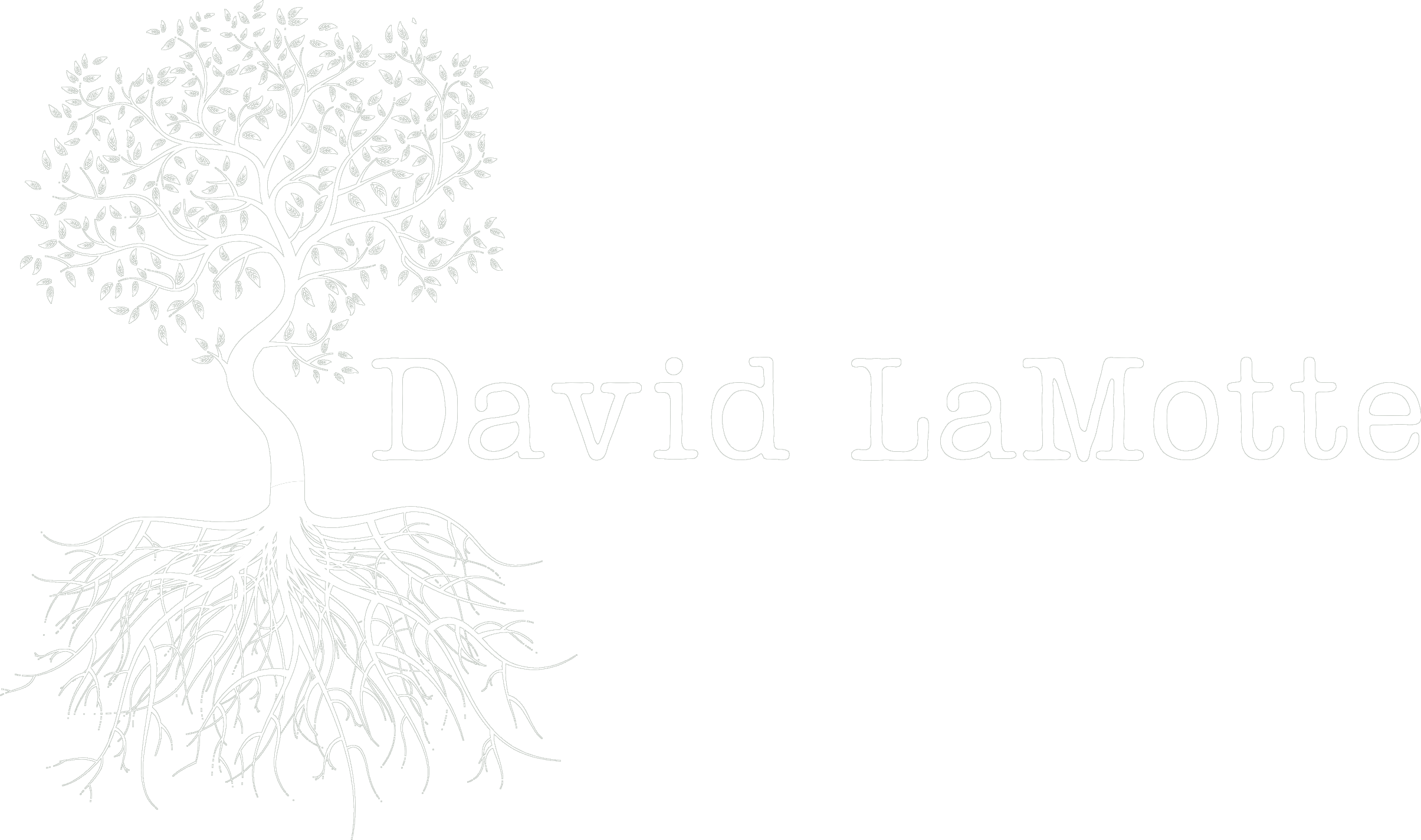The folks at the Black Mountain News asked if I would offer some thoughts on the relevance of Martin Luther King’s teaching and legacy to today’s circumstance. This is the article they published on January 31, in advance of the town’s MLK Breakfast on Feb. 10.
Rev. Martin Luther King Jr. came to prominence in divisive and challenging times, and he was speaking directly to those times. There are certainly parallels between that era and our own, and I find his teaching to be as resonant as it ever was. That teaching is often misunderstood, however.
The phrase “passive resistance” is misleading (though King did sometimes use it himself). There was nothing passive in King’s work or teaching. “Nonviolence,” as well, seems to define that approach by what it isn’t. In the latter part of his work, King spoke more often of “soul force,” a translation of Gandhi’s term, “satyagraha,” and it is clear to see from history that the movement was built on just that — movement, not passivity, not standing still and waiting on others to deal with problems.
While his teaching is tremendously salient, though, the “heroification” of King can certainly be destructive. It is deep in our cultural narrative to want heroes to fix things for us, when in fact, it is always movements that effect large-scale change. Movements consist of a lot of people doing a little bit each. That’s what King taught, but many of us have a hard time hearing him through our cultural filters.
There is no question that there is tremendous inequity to be addressed in our time, but there are also huge numbers of people showing up to do the work to address it. It is notable that hundreds of people showed up for the women’s march in Black Mountain recently. In a town of fewer than 9,000, that’s quite a percentage. Some minimized the first women’s march as a flash in the pan, but we now find that more women are running for office in the United States than ever before in the nation’s history. These things are directly related.
Sadly, there is meanness and acrimony on all sides of our political discourse these days. It discourages me most when it comes from people on “my side” of an issue. But King, in the end, was thinking beyond sides. If we are on the side of justice, then we are not really against anyone at all, though we may work for opposing goals. We are working to create the beloved community, which has room for everyone.
King’s work and teaching, rooted in his faith, were so radical precisely because he argued against returning hatred for hatred, and violence for violence. That’s our highest calling and our greatest challenge.
David LaMotte, a singer-songwriter who lives in Black Mountain, is also the author of a handbook for activists, “Worldchanging 101: Challenging the Myth of Powerlessness” and two children’ books, “S.S. Bathtub” and “White Flour,” the latter based on a real-life creative response to hate.

Leave a Reply